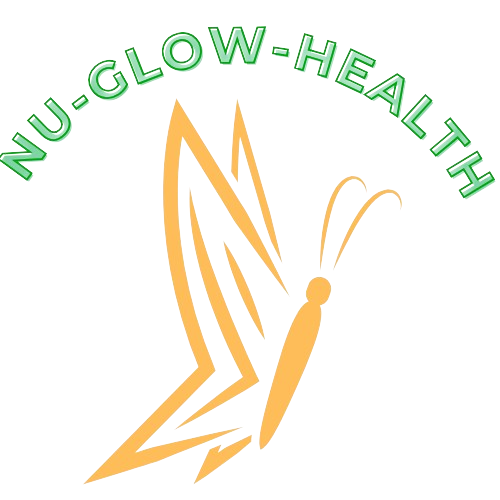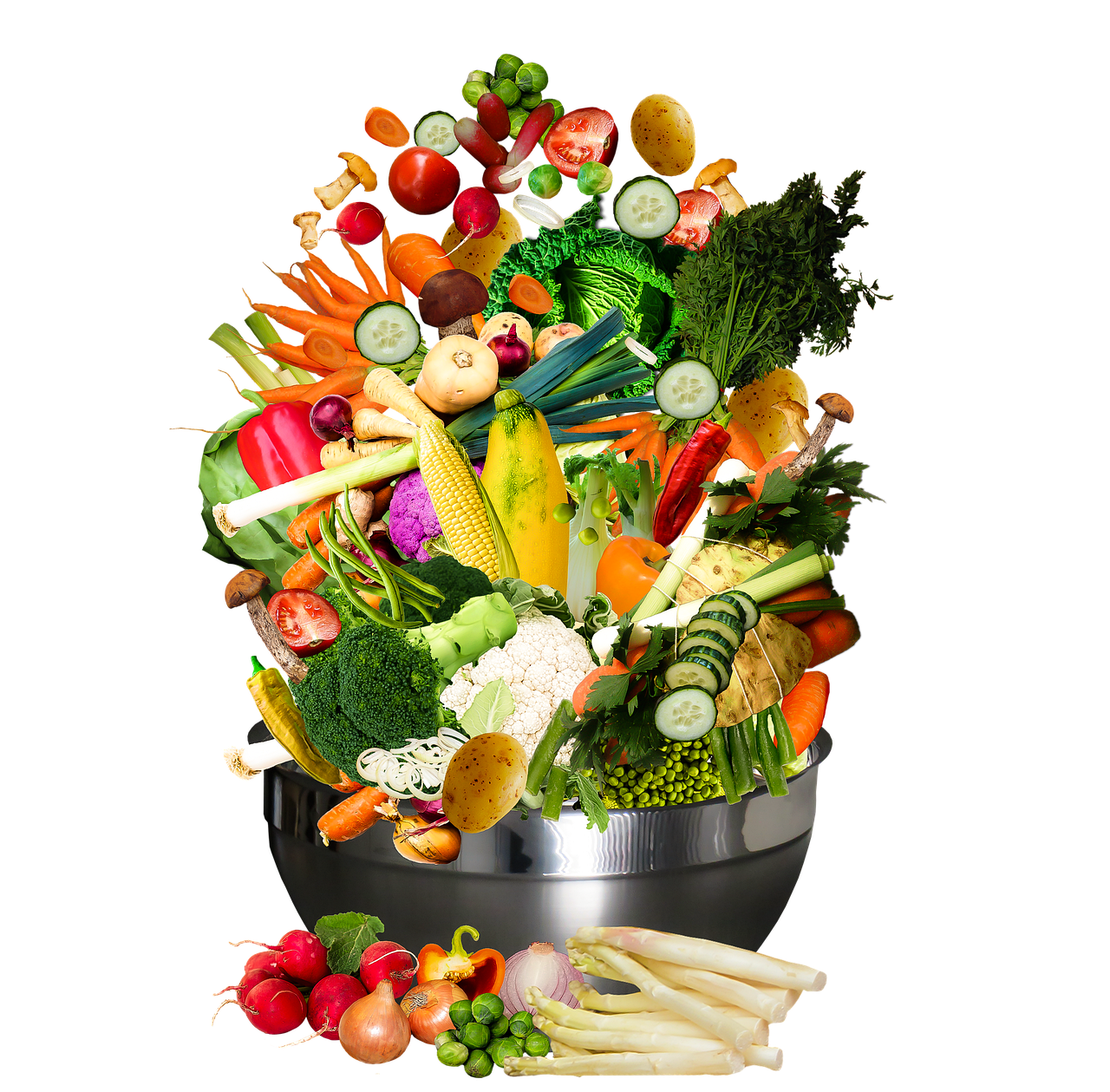Introduction
Kidney stones are one of those health issues that, once experienced, you never want to encounter again. If you’ve ever felt the intense pain of a kidney stone, you know it’s something worth avoiding at all costs. But how do you prevent kidney stones from forming in the first place? And if you already have them, how can you manage your diet to reduce symptoms and prevent future stones? This blog post aims to answer these crucial questions. We’ll guide you through understanding the symptoms of kidney stones, how they form, and most importantly, how changing your diet can help you manage and prevent them.
The purpose of this post is to provide you with the ultimate guide to kidney stone management, focusing on the dietary aspects that can transform your health. We’ll break down the first steps you should take, explore how an unhealthy diet contributes to stone formation, and outline how adopting a healthier diet can make all the difference. Whether you’re currently dealing with kidney stones or looking to prevent them in the future, this blog will equip you with the knowledge and tools you need to take control of your health.
1. What Are Kidney Stones? An Overview of the Condition
Kidney stones are hard deposits made of minerals and salts that form inside your kidneys. These stones can vary in size, from as small as a grain of sand to as large as a golf ball. While they can form for a variety of reasons, one of the most common causes is an unhealthy diet, particularly one that is high in oxalates, sodium, and sugars. When these substances build up in your urine, they can crystallize and form stones.
Although kidney stones are a common condition, they are not something to be taken lightly. The pain associated with passing a kidney stone can be excruciating, often described as worse than childbirth. However, by understanding what kidney stones are and how they form, you can take the first steps toward preventing them. This section will provide an overview of the condition, including the different types of kidney stones and the risk factors that increase your likelihood of developing them.
2. Recognizing the Symptoms: When to Seek Medical Attention
The symptoms of kidney stones can vary depending on the size and location of the stone. However, one of the most common signs is severe pain in the side and back, just below the ribs. This pain may radiate to the lower abdomen and groin and can come in waves, intensifying as the stone moves through the urinary tract. Other symptoms to watch for include nausea, vomiting, painful urination, and blood in the urine. If you experience any of these symptoms, it’s crucial to seek medical attention immediately.
Recognizing the symptoms early can make a significant difference in how quickly you receive treatment and start managing the condition. While smaller stones may pass on their own, larger stones may require medical intervention. By being aware of the signs and symptoms, you can take proactive steps to manage kidney stones effectively. This section will delve into the various symptoms of kidney stones and provide guidance on when it’s time to seek help.
3. First Steps: Diagnosing Kidney Stones
If you suspect you have kidney stones, the first step is to get an accurate diagnosis. Your doctor will likely perform a series of tests, including a blood test, urine test, and imaging scans like a CT scan or ultrasound, to determine the size and location of the stone. These tests are crucial for deciding the best course of treatment. In some cases, small stones can be managed with pain relievers and increased fluid intake, while larger stones may require surgical intervention.
Getting diagnosed is an essential first step in taking control of your health. Once you have a clear understanding of your condition, you can start making the necessary changes to your diet and lifestyle to prevent future stones. This section will walk you through the diagnostic process and provide tips on what to expect during your doctor’s visit. Remember, early detection is key to managing kidney stones effectively and avoiding unnecessary pain.
4. Dietary Management: Foods to Avoid and Foods to Embrace
Diet plays a crucial role in both the prevention and management of kidney stones. If you’re prone to developing kidney stones, one of the first steps you should take is to reassess your diet. Foods high in oxalates, such as spinach, beets, and nuts, can contribute to stone formation. Similarly, a diet high in sodium can increase the amount of calcium in your urine, leading to the development of calcium stones, the most common type of kidney stone. It’s also essential to limit your intake of animal proteins, which can increase the risk of uric acid stones.
On the flip side, there are plenty of foods you can embrace to help prevent kidney stones. For example, eating more fruits and vegetables that are low in oxalates can provide your body with essential nutrients without increasing your risk. Drinking plenty of water is also crucial, as staying hydrated helps dilute your urine and reduces the likelihood of stones forming. This section will provide a comprehensive guide to dietary management, highlighting both the foods to avoid and those to include in your diet for a healthier, stone-free life.
5. Changing Your Diet: Tips for Long-Term Success
Changing your diet can seem daunting, especially if you’re used to certain foods that are now off-limits. However, making these changes is essential for preventing kidney stones and improving your overall health. Start by making small, manageable adjustments, such as reducing your salt intake and gradually increasing your water consumption. Over time, these changes will become second nature, making it easier to stick to a healthier diet.
One of the best ways to ensure long-term success is to plan your meals and snacks ahead of time. This helps you avoid the temptation of unhealthy choices and ensures you always have kidney-friendly foods on hand. Additionally, educating yourself about the nutritional content of the foods you eat can empower you to make better decisions. This section will offer practical tips and strategies for changing your diet and maintaining those changes for the long haul, ultimately helping you transform your health.
6. Transform Your Health: The Benefits of a Kidney-Friendly Diet
Adopting a kidney-friendly diet doesn’t just help prevent kidney stones—it can also have a profound impact on your overall health. By reducing your intake of processed foods, sodium, and unhealthy fats, you’re likely to experience benefits such as improved energy levels, better digestion, and even weight loss. Moreover, a diet rich in fruits, vegetables, and whole grains can help protect against other chronic conditions like heart disease and diabetes.
The transformation doesn’t stop there. Many people find that once they start eating a healthier diet, they also develop healthier habits in other areas of their lives, such as increasing their physical activity or getting more sleep. This section will explore the long-term benefits of a kidney-friendly diet and how it can help you transform your health from the inside out. With the right approach, you’ll not only reduce your risk of kidney stones but also enhance your overall well-being.
7. Your Ultimate Guide to Preventing Kidney Stones
Preventing kidney stones involves more than just dietary changes—it requires a holistic approach to your health. This ultimate guide will provide you with a comprehensive plan to prevent kidney stones, including tips on staying hydrated, managing your weight, and monitoring your overall health. Staying informed and proactive is key to avoiding the pain and discomfort of kidney stones in the future.
One personal story that underscores the importance of prevention is my own. After experiencing the agony of a kidney stone a few years ago, I knew I had to make changes. I started by cutting back on salt and processed foods, and I made a conscious effort to drink more water throughout the day. These simple changes made a world of difference. Not only have I been kidney stone-free since, but I also feel healthier and more energized overall. This section will share practical advice and real-life success stories to inspire and guide you on your journey to better health.
Frequently Asked Questions
- Can drinking more water really prevent kidney stones? Yes! Staying hydrated dilutes your urine, which helps prevent minerals from crystallizing and forming stones. Aim for at least 8-10 glasses of water a day.
- Are kidney stones always painful? Not always. Small stones may pass without causing symptoms, but larger stones can cause severe pain as they move through the urinary tract.
- Is it true that an unhealthy diet increases the risk of kidney stones? Absolutely. Diets high in sodium, oxalates, and animal proteins can contribute to the formation of kidney stones.
- Can I still eat my favorite foods if I’m prone to kidney stones? You may need to modify your diet, but many of your favorite foods can still be enjoyed in moderation. Focus on balance and making healthier choices.
- How can I make dietary changes that last? Start small and make gradual changes. Planning meals, staying informed, and seeking support from a healthcare provider can also help you stick to a healthier diet.
- What should I do if I think I have a kidney stone? Seek medical attention immediately. Early diagnosis and treatment can help manage symptoms and prevent complications.






